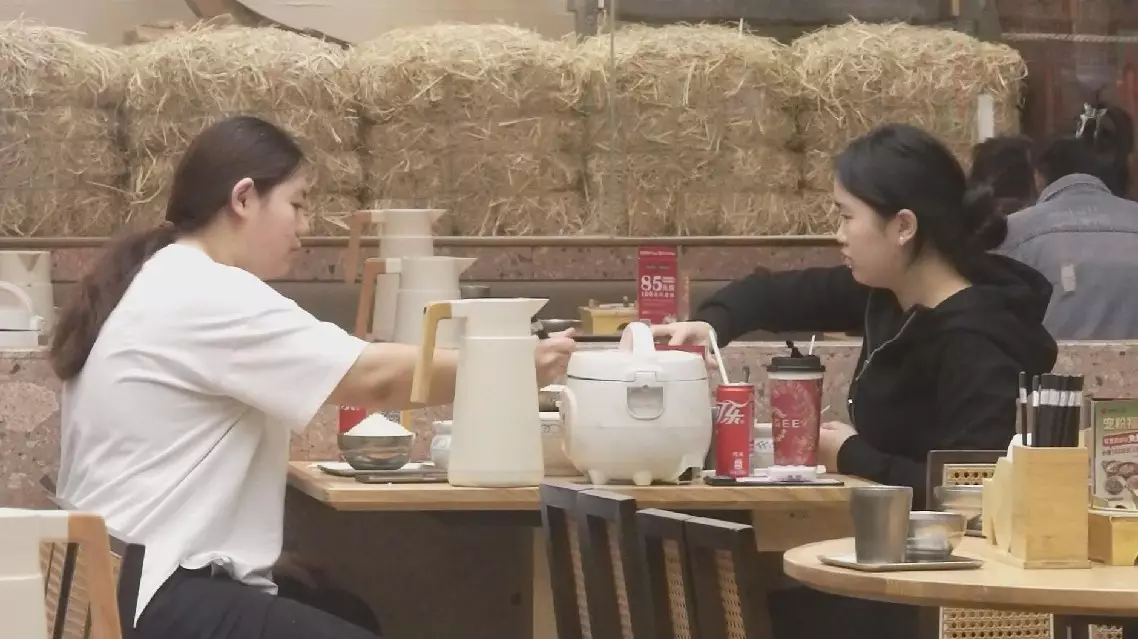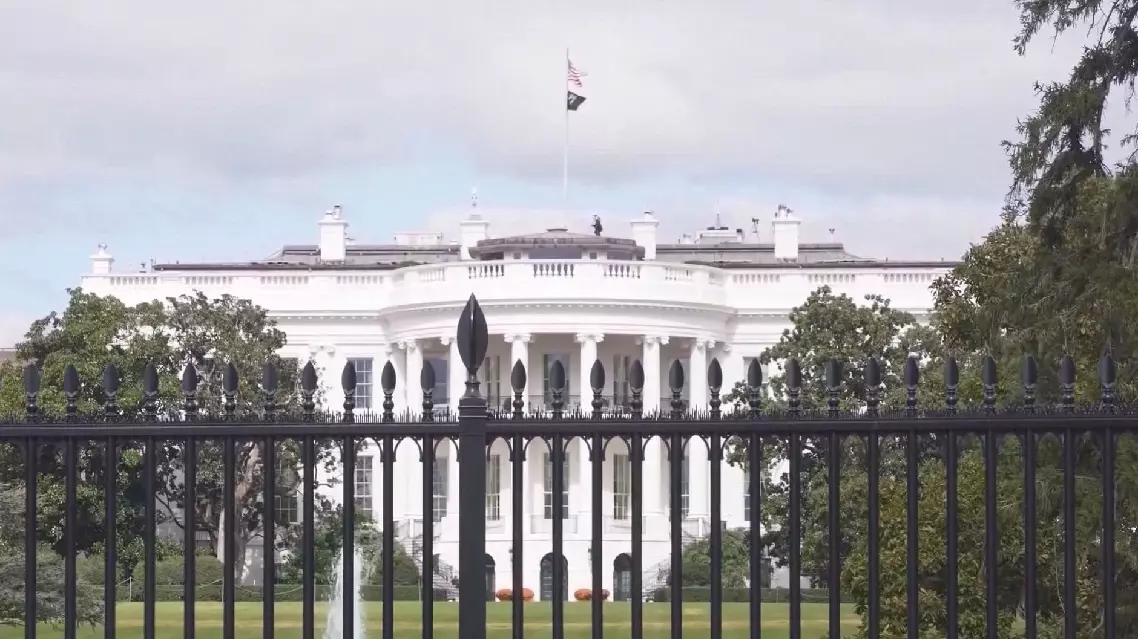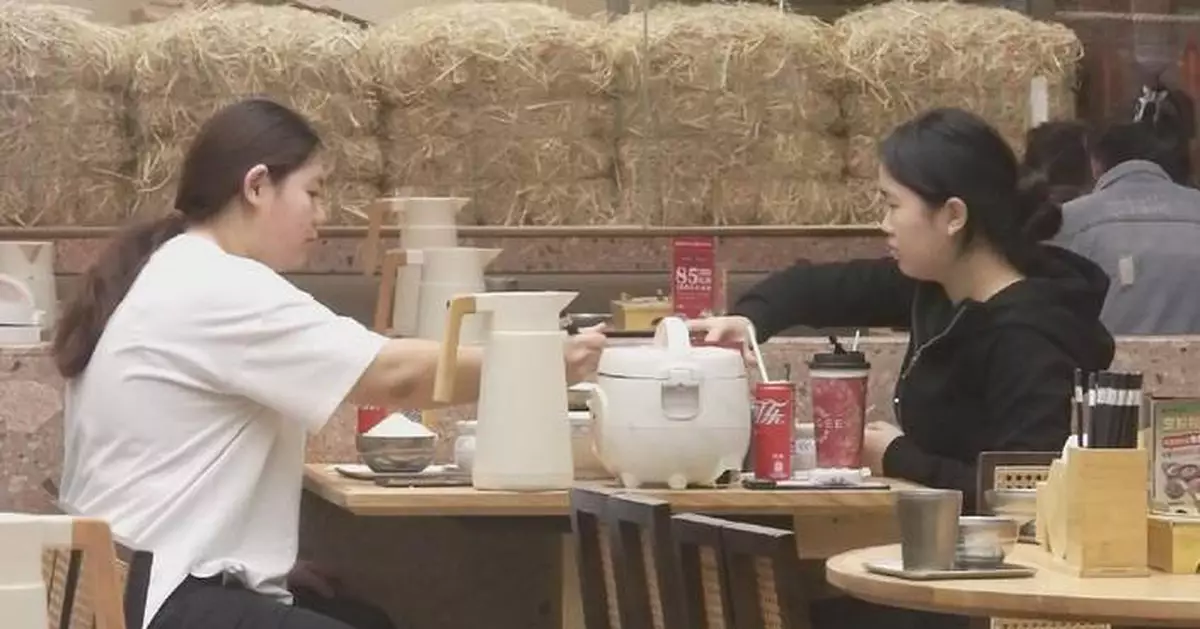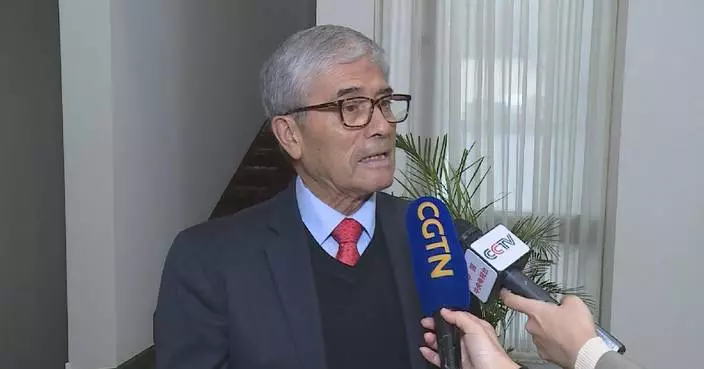Restaurant revenues in China reached 3.94 trillion yuan (about 550 billion U.S. dollars) in the first three quarters of 2024, showing a 6.2 percent growth, according to the National Bureau of Statistics.
Data indicates that almost 1.32 million restaurants were registered across China in the first half of 2024, with over 4,800 new registrations in Beijing alone.
In a newly opened mall called Super Hops-On in Beijing's Changping District, 30 percent of its existing stores are dedicated to food services.
"About 20 percent of our restaurants are regional firsts, with some being national or Beijing firsts," said marketing director Li Yihui.
Except for new fancy restaurants occurring in Beijing, smaller and everyday dining establishments are also becoming more popular.
A local "hulatang" (spicy soup) restaurant, which can yield an average daily revenue exceeding 20,000 yuan, adjusted its flavors to better meet Beijing customer expectations.
"We've reduced the spice level slightly to cater to local tastes and extended operating hours to match people's work schedules," said Jiao Wen, manager at Fangzhongshan Hulatang.
To meet diverse dining preferences, many restaurants have also launched fast-turnover outlets near office spaces and delivery-only kitchens.

China's catering sector revenue reaches 3.94 trln yuan in first 3 quarters
The universal "reciprocal tariffs" imposed by the United States signals a decline in the U.S. economic dominance and dollar hegemony, as the country is attempting to extract excessive financial benefits from its trading partners, according to economists, who warn the Trump administration is playing a "dangerous game".
U.S. President Donald Trump last week signed an executive order on the so-called "reciprocal tariffs," imposing a 10-percent "minimum baseline tariff" before unveiling higher rates on certain trading partners. The policy sent shockwaves throughout the global economy and triggered panic on financial markets, with analysts warning of significant risks and dire economic consequences.
In an interview with the China Global Television Network (CGTN), Hong Hao, chief economist of the GROW Investment Group, a Shanghai-based hedge fund, said the tariffs reflect Trump's strategy to extract economic benefits from trading partners, particularly viewing China as a significant competitor. "Trump really believes that the trade terms with the trading partners have been unfair to the U.S., and as a result, the U.S. manufacturing sector has been hollowed out. Therefore, the U.S. is paying an excessive price for globalization, and now, it's time to pay back. I think, from this angle, he is trying to extract economic rent from its trading partners, and also he is trying to see China as one of the major U.S. rivals at this juncture. So, I think, as a result, he is playing a very dangerous game. And, as you can see, it's political theater in the sense that he is trying to dramatize the extreme pressure, so that he can get excessive rent from the opponent," he said
Trump's unilateral imposition of tariffs has eroded global confidence in the U.S. and its dollar's status, leading many to state that the American hegemony may not persist, according to Josef Gregory Mahoney, a professor of politics and international relations at East China Normal University.
"The U.S. economy is at an inflection point. There is a moment where the previous strategies being used to sustain American hegemony were no longer working. And, it's only a matter of time before the U.S. position erodes, given the fact that it's been a house of cards built on the dollar supremacy. And a lot of people don't see that as having a brighter future. This has moved past the theater stage and has moved really directly into one in which no one really has confidence in the U.S. anymore. No one has confidence in the dollar. No one has confidence in the U.S. being committed to the multilateral system, to global trade and so forth and so on," he said.

Trump playing "dangerous game" as tariff measures signal decline in U.S. dollar hegemony: economists






















































